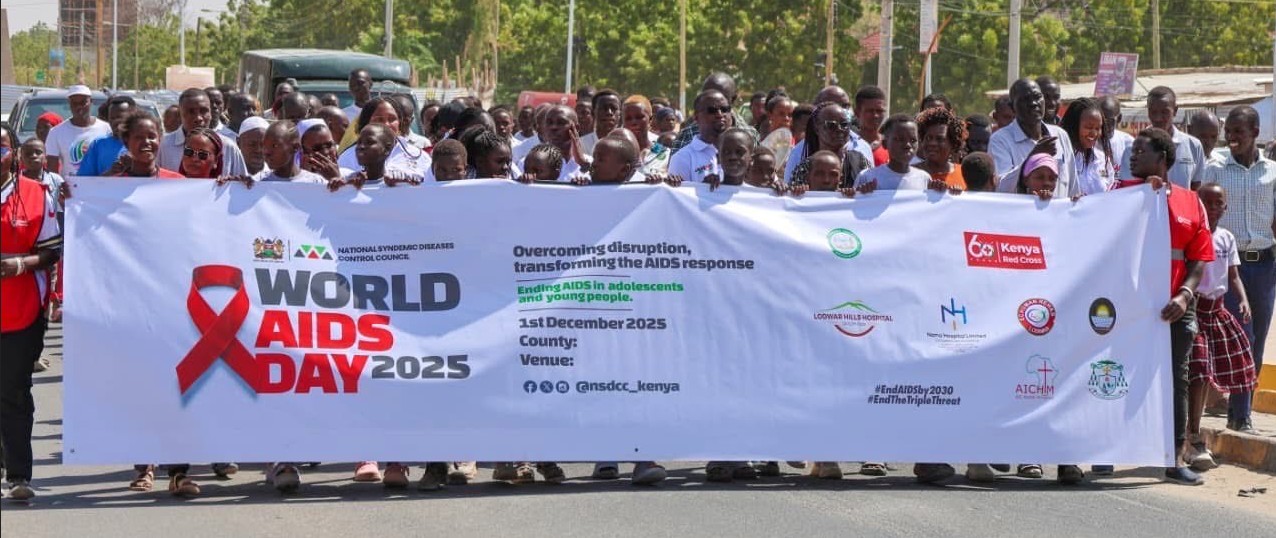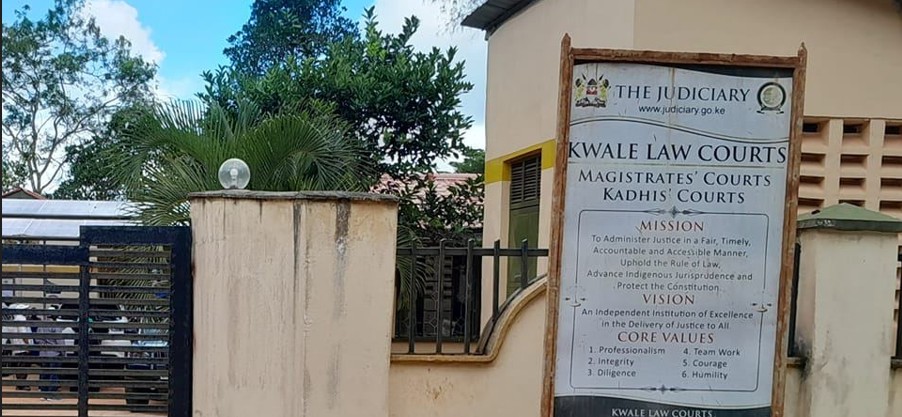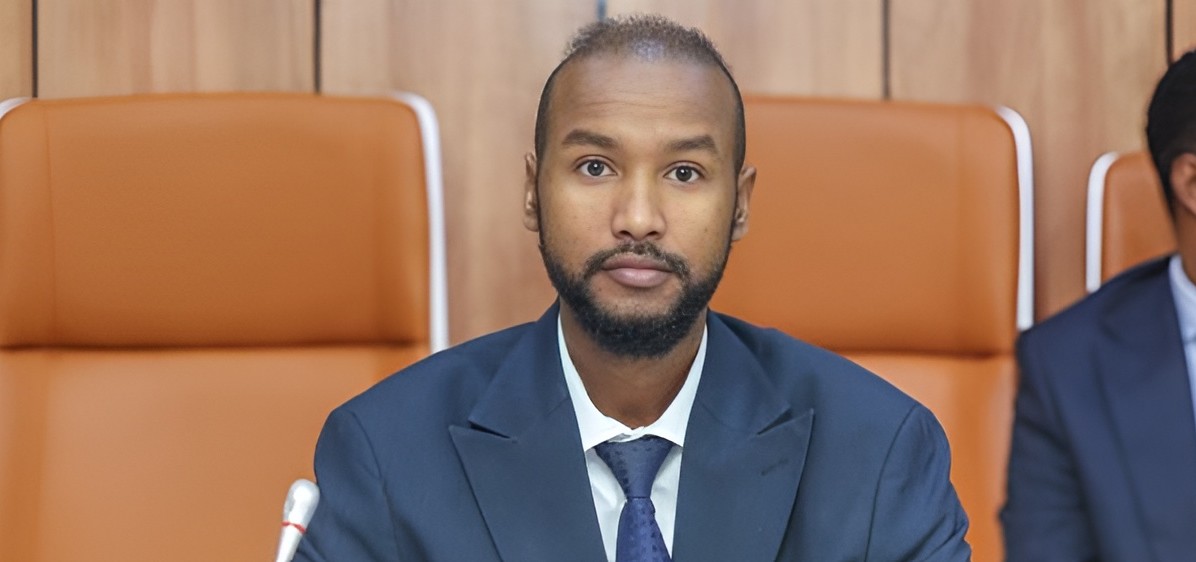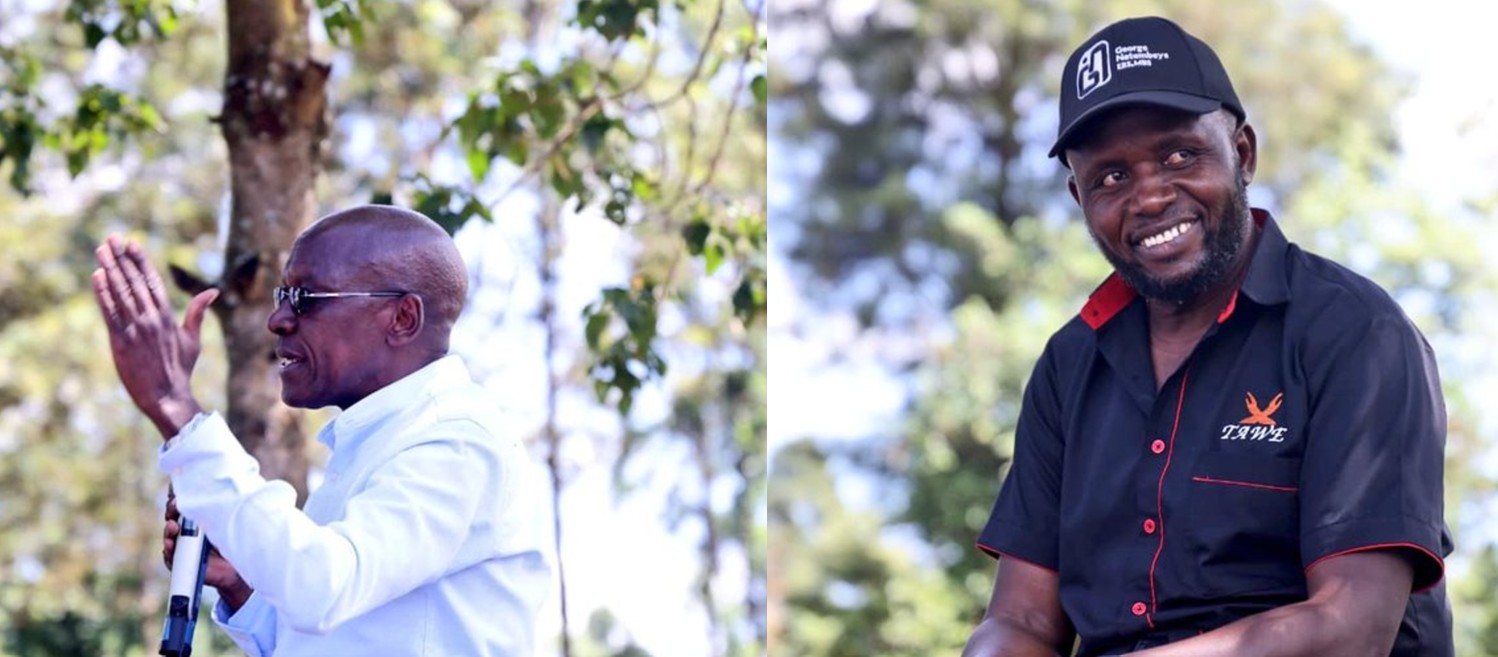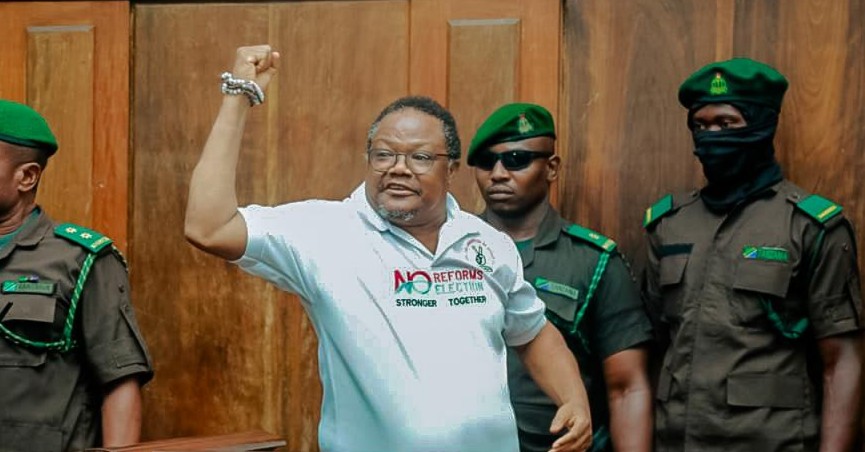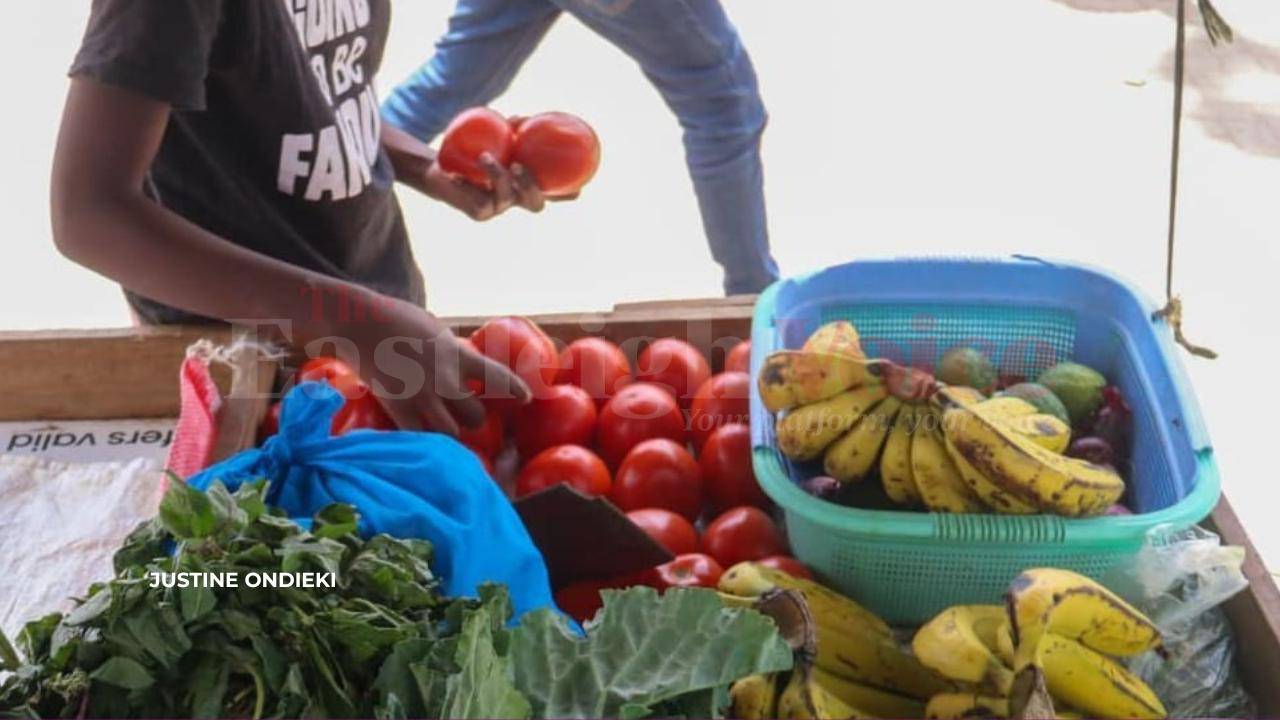DPP calls for empathy-driven justice in defilement prosecutions
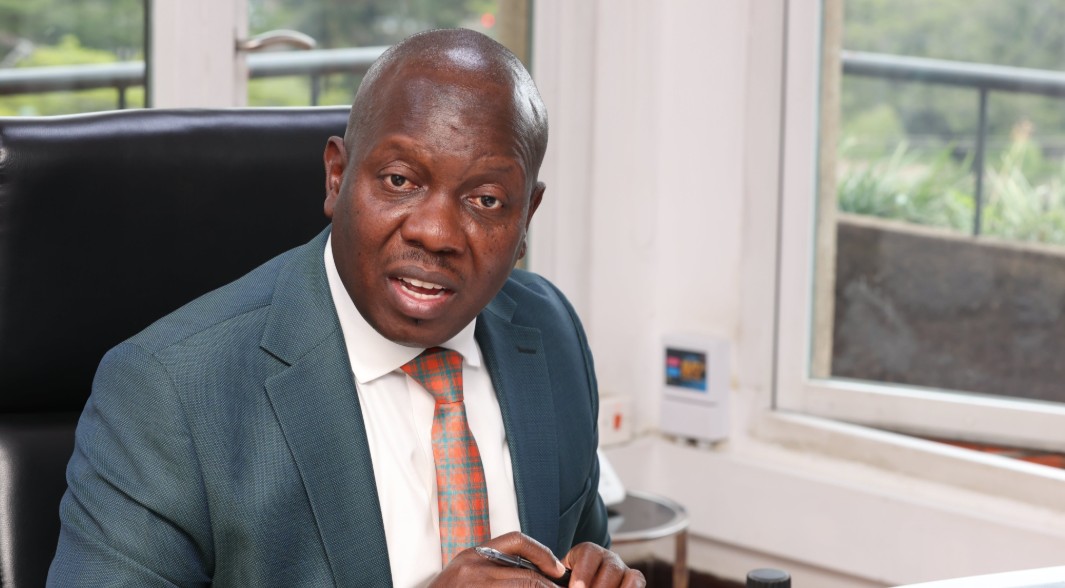
The DPP stressed that prosecutors must uphold legal standards while also demonstrating humanity, ensuring every case is handled with empathy and full adherence to the Constitution and human rights principles.
The Director of Public Prosecutions, Renson Ingonga, has highlighted the importance of adopting trauma-informed and human rights–based approaches in handling defilement cases.
Speaking at the launch of the fifth cohort of the 160 Girls Training Programme in Machakos on Monday, he said that understanding the trauma victims endure is crucial for delivering justice with both care and integrity.
More To Read
- 16 days of activism: Strengthening protection against gender-based violence
- Violence against women and children is deeply connected. Three ways to break the patterns
- Man charged with schoolgirl’s murder shocks court, seeks plea deal
- Why a woman is killed every 10 minutes; the rising wave of global femicide
- DPP calls for stronger inter-agency action on hate speech and incitement cases
- 16 days global campaign spotlights growing threat of gender-based violence
Ingonga’s message was delivered on his behalf by Senior Assistant Director of Public Prosecutions and Head of the Hate Speech and Electoral Justice Division, Magdalene Ngalyuka.
He emphasised that recognising the psychological impact on victims, especially children, is key to ensuring justice processes are fair, sensitive, and effective.
“A trauma-informed approach is not about sympathy; it is about knowledge and awareness that help prosecutors make informed decisions and protect the dignity of victims,” he stated.
The DPP observed that traditional prosecution methods often fail to account for the emotional and psychological toll on defilement victims.
He stressed that prosecutors must uphold legal standards while also demonstrating humanity, ensuring every case is handled with empathy and full adherence to the Constitution and human rights principles.
The 160 Girls Training Programme, implemented jointly by the ODPP and The Equality Effect, aims to enhance defilement prosecutions by equipping prosecutors with both legal expertise and understanding of the realities faced by child survivors.
The DPP commended The Equality Effect and its Executive Director, Dr Fiona Sampson, for their continued partnership, describing the initiative as essential for building prosecution capacity.
He added that the programme underscores a shared commitment to protecting children’s rights and advancing survivor-centred justice.
The Equality Effect’s National Coordinator, Lula Wako, said 158 prosecutors have undergone the training over the past four months, noting that the ODPP was selected due to its central role in ensuring justice for victims of sexual and gender-based violence.
The training integrates legal knowledge, trauma awareness, and practical skills that enable prosecutors to identify, respond to, and manage cases involving child victims more effectively. Its curriculum is aligned with both national and international legal standards, ensuring Kenya’s prosecution service follows global best practices in handling sensitive offences.
Marsabit County Head of Prosecutions, Edwin Otieno, encouraged participants to apply what they learned, stressing that bridging the gap between law and lived experiences is essential for effective prosecution. He noted that mastering the law alone is insufficient without empathy for those affected.
Since its inception as a legal and advocacy campaign, the 160 Girls Project has played a critical role in improving defilement prosecutions and safeguarding children’s rights nationwide. Its collaboration with the ODPP has provided ongoing professional development, transforming how prosecutors approach cases involving vulnerable victims.
The DPP reaffirmed his commitment to reforms that enhance the quality of prosecutions, emphasising that justice must evolve to reflect victims’ realities. Empowering prosecutors with trauma-informed knowledge ensures that justice is not only applied but also experienced positively by those it serves.
By promoting compassion and awareness in prosecution, Ingonga highlighted the need for a justice system that is both effective and humane.
He added that the ODPP remains dedicated to prosecutorial excellence while protecting the dignity and well-being of all Kenyans, particularly children and survivors of violence.
The Machakos event marked a key milestone in building a trauma-aware, survivor-centred prosecution service, demonstrating that justice must always balance law and empathy.
Top Stories Today
